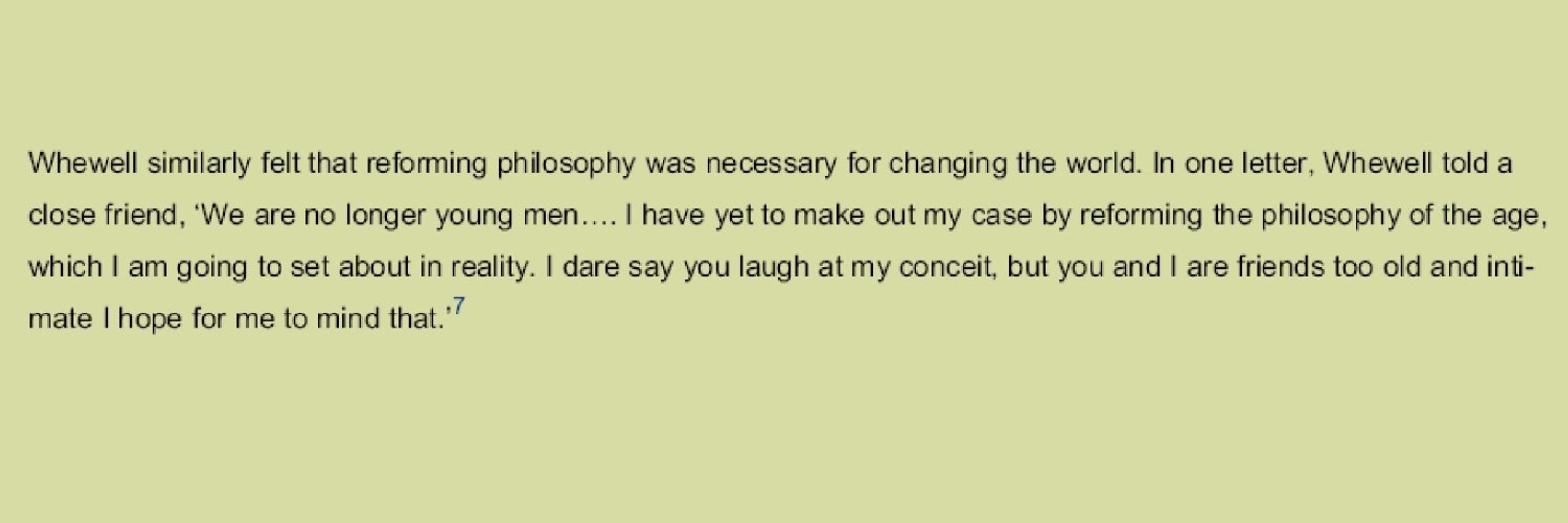
IU Ling '20 / MA at Boun CogSci '24 / MA at Tartu Semiotics '27
Into PhilCogs/Nsc/Bio
www.yunus-sahin.com

Registration: cog-ist.com/etkinlik-duy...
Registration: cog-ist.com/etkinlik-duy...
Kayıt ve bilgi için: cog-ist.com/duyuru/dilin...




Kayıt ve bilgi için: cog-ist.com/duyuru/dilin...
More info and registration link is below 👇

More info and registration link is below 👇
Gönderinin tamamını okumayı unutma!


Gönderinin tamamını okumayı unutma!
Swipe for English and don't forget to read the full post!


Swipe for English and don't forget to read the full post!
www.yunus-sahin.com/radically-em...
www.yunus-sahin.com/radically-em...
Registration link is below 👇
#cogist #cognitivewebinar


Registration link is below 👇
#cogist #cognitivewebinar
For more info and regsitration: cog-ist.com/etkinlik-duy...

For more info and regsitration: cog-ist.com/etkinlik-duy...
You can find the registration link below! 👇


You can find the registration link below! 👇
cog-ist.com/en/geri-bild...

cog-ist.com/en/geri-bild...

Swipe for English and don't forget to read the full post!




Swipe for English and don't forget to read the full post!




